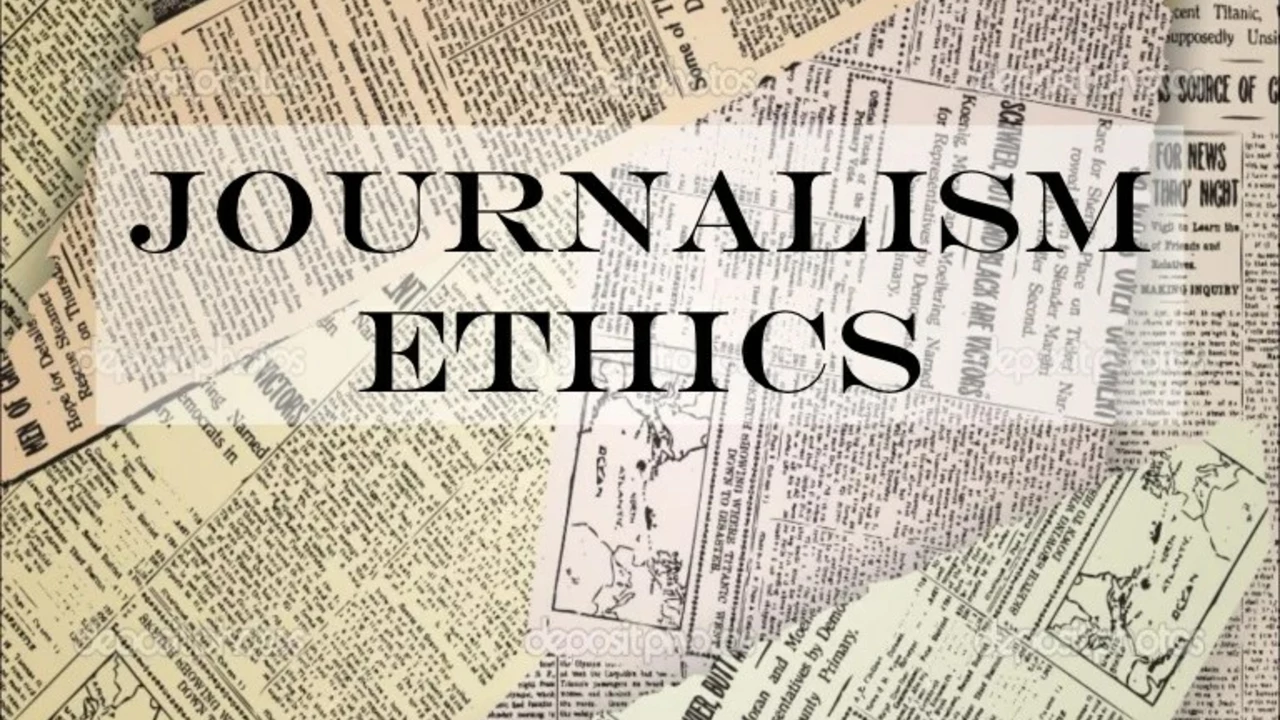Media Ethics: What It Is and Why It Matters
Every day we scroll through headlines, watch videos, and share posts. But have you ever wondered if what you see follows a fair code? Media ethics is the set of rules that guide journalists and outlets to be truthful, balanced, and respectful. When those rules are ignored, misinformation spreads and trust drops.
Why ethical standards matter in news
First, ethics keep the public informed without bias. A story that hides facts or twists quotes can sway opinions unfairly. Second, ethical reporting protects people’s privacy and safety. Publishing someone's address without consent can lead to real harm. Third, when outlets stick to guidelines, they build credibility. Readers come back because they know the source is reliable.
Think about the last time a headline shouted "shocking" but the article turned out to be ordinary. That’s a classic case of sensationalism, which breaks the ethical rule of accuracy. Sensational headlines boost clicks, but they damage trust in the long run.
Everyday ways to spot ethical lapses
One quick check is to ask: Who is the source? If an article cites unnamed sources only, look for other confirmation. Reliable pieces often quote experts, official statements, or data that you can verify. Second, watch for balance. Does the story present multiple sides, or does it push a single agenda? A one‑sided narrative is a red flag.
Third, see if the piece separates facts from opinion. Opinion pieces are fine, but they should be labeled clearly. If an article mixes opinion with facts without a note, it’s trying to influence you silently. Fourth, notice the tone. Respectful language, no hate speech, and no personal attacks indicate adherence to ethical standards.
Another tip is to check the date. Old stories resurfaced as new can mislead readers about current events. Also, be wary of overly emotional language that tries to make you react before you think.
When you find a story that seems off, try a quick search with the headline plus "fact check". Many independent sites evaluate the claim. If they flag it as false or misleading, you’ve caught an ethical breach.
Media outlets also have ombudsmen or correction sections. If you see an article with a clear correction, it shows the publisher cares about accuracy. Lack of corrections when errors are obvious suggests a lax ethic.
Finally, support sources that are transparent about funding and ownership. Knowing who pays for the news helps you gauge potential bias. Public broadcasters, non‑profits, and reputable newspapers often disclose this info openly.
By staying curious and asking these simple questions, you protect yourself from manipulation and help raise the bar for good journalism. Ethical media isn’t just a professional duty; it’s something every reader can demand.
So next time you scroll, pause before you share. Look for source, balance, fact‑opinion clarity, tone, and transparency. Small steps by many create a healthier media landscape for everyone.
What is wrong with Indian news channels?
In my opinion, the main issue with Indian news channels is the increasing trend of sensationalism over objectivity. There's an excessive focus on TRP-driven content that often overlooks the importance of accurate and unbiased reporting. The practice of shouting matches in debates, instead of fostering meaningful discussions, has also become a concerning norm. Furthermore, the line between news and entertainment appears to be blurring, compromising the essence of true journalism. Lastly, the influence of political and corporate ownership on news channels has raised serious questions about their credibility and independence.
full article